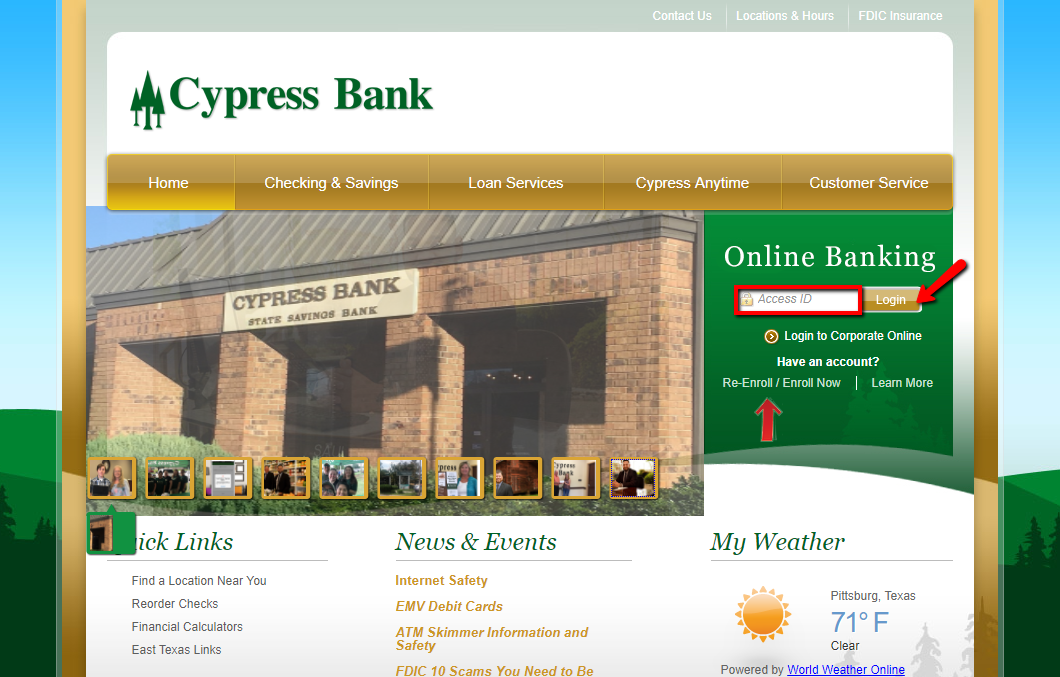20 Recommended Suggestions For Picking Business Trust Management Planning
20 Recommended Suggestions For Picking Business Trust Management Planning
Blog Article
Ten Tips For Sustainable Asset/Wealth/Investment Management Companies/Firms
Here are ten detailed suggestions for research and decision making when you are evaluating sustainable wealth or asset management companies or firms. These suggestions will aid you in aligning your investment goals to your values and financial goals. Each one has pros and cons for balanced evaluation.
1. Verify ESG Integration Methodology
Ask the firm to explain how they integrate Environmental, Social, and Governance Criteria into its investment decisions.
Cons: Does not align investing with sustainability principles.
Cons: Some companies "greenwash" their ESG claims with vague statements.
2. Verify ESG Transparency Reporting
Tip: Check to see whether the company provides specific ESG Performance Reports and Carbon Footprint disclosures.
Pros: Allows accountability and a more informed tracking.
Cons: Some of the reports aren't certified or approved by a third-party.
3. Look for Independent ESG Certifications
Select companies that are certified by B Corp, PRI or GRESB.
Pros: Validates authenticity and sustainability of practices.
Cons: Certification doesn't guarantee the quality or strength of ESG integration.
4. Understand Their Investment Philosophy
TIP: Ask if the company uses exclusionary screenings (e.g. tobacco or fossil fuels), or positive screenings (e.g. clean energy).
Benefits: Portfolios can be customized to reflect your personal preferences.
Cons: A strict screening process could restrict diversification, returns and/or diversification.
5. Ask About Shareholder Advocacy
TIP: Make sure that your firm participates in corporate engagement or activism like proxy voting. This can impact their sustainable practices.
Pros: It creates a real-world impact by ensuring that corporate accountability is maintained.
Cons: Takes time to demonstrate tangible results, and can clash with performance in the short-term.
Review Financial Performance
Tip Analyze the returns across economic cycles to assess the sustainability of the business and its profitability.
Pros : Confirms sustainability and strong performance can be a part of the same.
Cons: ESG is not as active in certain industries (e.g. mining or oil).
7. Check Asset Allocation Strategy
Tip: Make sure you have a strategy that covers sustainable areas, like renewables. Clean tech, healthcare and ethical bond.
Benefits: Spreads risks and aligns values.
Cons: The limited exposure to traditional sectors may impact returns.
8. Understanding their Strategies for Risk Management
Tips: Learn the ways ESG risk factors such as regulation or climate change can be included in the portfolio modeling.
Pros: Enhances long-term resilience.
Cons: Risk-related metrics could be difficult to verify or understand.
9. Evaluation of the Onboarding Process for Clients
The firm you choose should be capable of providing you with an in-depth analysis of your financial objectives and ethical requirements.
Pros: Provides better aligned portfolios, with a custom-designed look.
Cons: Takes a lot of time at first.
10. ESG Scoring Methodologies
Tips: Determine whether the business uses third-party or proprietary ESG software (e.g. MSCI, Sustainalytics).
Benefits: objectivity and a custom analysis.
Cons Pros: The scoring system is inconsistent, and can lead to confusion. Read the most popular sustainable investing for more advice including best national banks, home bank near me, top internet bank, online online banking, best rated online bank, community bank loan, trust bank login, bank investment, western bank, united bank online banking and more.
Ten Tips For Business Banking In Palm Beach, Florida
Here are ten specific tips tailored to the unique economic and financial landscape. Each tip includes brief explanations along with pros and cons. This will help you make educated decisions regarding your banking.
1. Select a Bank that is familiar to Wealth-Driven Businesses
Palm Beach is a place where there are a lot of business and wealthy people. Select banks such as copyright Private, Wells Fargo or J.P. Morgan which focus on service-based businesses that have high value.
Pros : Expertise managing difficult financial demands, expert white-glove customer service.
Cons: Relationship or minimums for accounts could be very high.
2. Look into regional banks that can provide a the personal touch
Local banks, such as Bank of Belle Glade (Seacoast Bank), CenterState Bank or Bank of Belle Glade may offer more personal attention over national chains.
Pros: Relationship-based service local and local decision-making.
Cons Cons: Smaller ATM networks and fewer technological features.
3. Calculate the fee waivers and other charges that you will incur for your business checking account
Tip: Many business checking accounts have monthly fees ($10-$30) however they can be exempted if the balance is below a certain amount (e.g. $1,500 to $5,000).
Pros: The potential to cut down on your overheads if you meet minimums.
Pros: Small-scale businesses could be unable to keep the required balances.
4. Prioritize Digital Banking Capabilities
Tip : Make sure you bank offers mobile deposit options, ACH transactions, copyright Integration, and real-time alerts.
Benefits: Reduces bank trips and improves efficiency.
Cons: Regional bank digital platforms could be less robust.
5. Learn about transaction limits and fees for overage
Tips: Some accounts permit 100-300 transactions for free per month, and then charge $0.30-$0.50 each.
Pros: Ideal for low-transaction businesses like real estate, consulting or consultancy.
Cons: High-volume businesses can incur fees quickly.
6. Palm Beach SBA-Preferred Loan Lenders
Truist Bank, Regions Bank Chase and Chase are the preferred lenders of SBA in Palm Beach County.
Pros: Easier to access capital through SBA 504 or 7(a).
Cons: It may take weeks to process an application for a loan.
7. Think about the possibility of a Money Market and Business Savings Account
Use interest-bearing account for emergencies or for planned purchases.
Pros • Earn passive income from inactive funds.
Cons Limits on withdrawal and minimums apply.
8. Seek out assistance tailored to your industry.
Tips: Some Palm Beach banks provide support to the legal, healthcare, hospitality and other non-profit industries.
Benefits: Customized products as well as advisors who are aware of current trends in the market.
Niche services might not be appropriate for every business.
9. Access Local ATMs and Branchs
TIP: Palm Beach covers a large area. If you are frequently making cash withdrawals or deposits, select a convenient bank.
Cons: Time saving and increased operational convenience.
Cons: A limited coverage might require using out-of-network ATMs with fees.
10. Check cash deposit policies and limits
TIP: Find out about daily deposit limits, charges and restrictions for companies that deal with cash (retailers, restaurants, salons).
Pros: Not a secure or time-sensitive method of depositing money.
Cons: Costs for large deposits or late-night services (e.g., night drops). Follow the best business bank account in Palm Beach FL for site recommendations including loans with online banking, best banks near me, bank with united login, bank with united login, first financial bank online, best banks for investment banking, first financial bank checking account, stock bank, us bank online, good banks and more.